Pursuing a degree in wildlife biology requires careful planning and meeting specific academic prerequisites․ These requirements ensure students gain the necessary skills and knowledge for success in the field․
Wildlife biology programs focus on understanding ecosystems, conservation, and animal behavior, making foundational courses in biology, chemistry, and mathematics essential․ Meeting these prerequisites prepares students for advanced studies and fieldwork․
This guide provides a comprehensive overview of the academic and practical requirements for prospective wildlife biology students, helping them navigate the path to a successful career in this rewarding field․
Overview of Wildlife Biology as a Field of Study
Wildlife biology is an interdisciplinary field focusing on the study of wild animals, their habitats, and ecosystems․ It combines principles from biology, ecology, zoology, and conservation to understand and manage wildlife populations․ Students explore topics like animal behavior, population dynamics, and environmental interactions․ The field emphasizes hands-on research, fieldwork, and practical applications to address real-world conservation challenges․ It prepares individuals for careers in research, management, and advocacy, promoting biodiversity and sustainable ecosystems․
Importance of Meeting Prerequisites for Wildlife Biology Programs
Meeting prerequisites for wildlife biology programs ensures a strong academic foundation, preparing students for advanced coursework and fieldwork․ These requirements, such as botany and zoology courses, are critical for understanding ecosystems and wildlife management․ They also align with licensure and certification standards, enabling graduates to qualify for federal and state positions in conservation and fisheries․ Adhering to prerequisites is essential for career success in this specialized field․
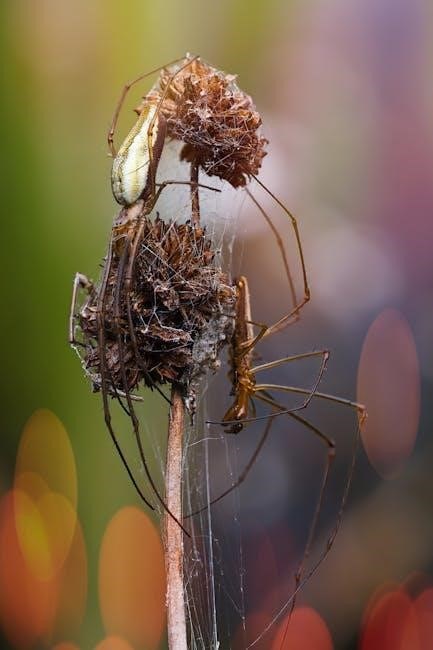
Core Academic Requirements for Wildlife Biology Majors
Core academic requirements include foundational courses in biology, chemistry, and mathematics, ensuring a solid understanding of scientific principles essential for advanced wildlife biology studies and field applications․
High School Coursework Recommendations
High school students interested in wildlife biology should focus on science and mathematics courses․ AP or honors classes in biology, chemistry, and physics are strongly recommended․ Additionally, courses in environmental science or ecology can provide a foundational understanding of ecosystems and conservation principles․ Developing strong analytical and writing skills through English and social studies courses is also essential for success in college-level wildlife biology programs․
General Education Requirements in College
General education courses in college provide a broad foundation for wildlife biology majors․ These typically include English, mathematics, social sciences, and humanities․ Students are also encouraged to take introductory courses in environmental studies or natural resources to build a well-rounded academic base․ These courses complement the specialized wildlife biology curriculum and prepare students for advanced studies in ecology, conservation, and related fields․
Minimum GPA Requirements for Admission
Most wildlife biology programs require a minimum GPA of 2․5 to 3․0 for admission․ This ensures applicants have a solid academic foundation․ Competitive programs may require higher GPAs, especially in science and mathematics courses․ Maintaining a minimum GPA is often necessary to remain in the program and graduate․ Check specific college requirements, as they can vary․ A higher GPA may also be required for certain scholarships or advanced opportunities․
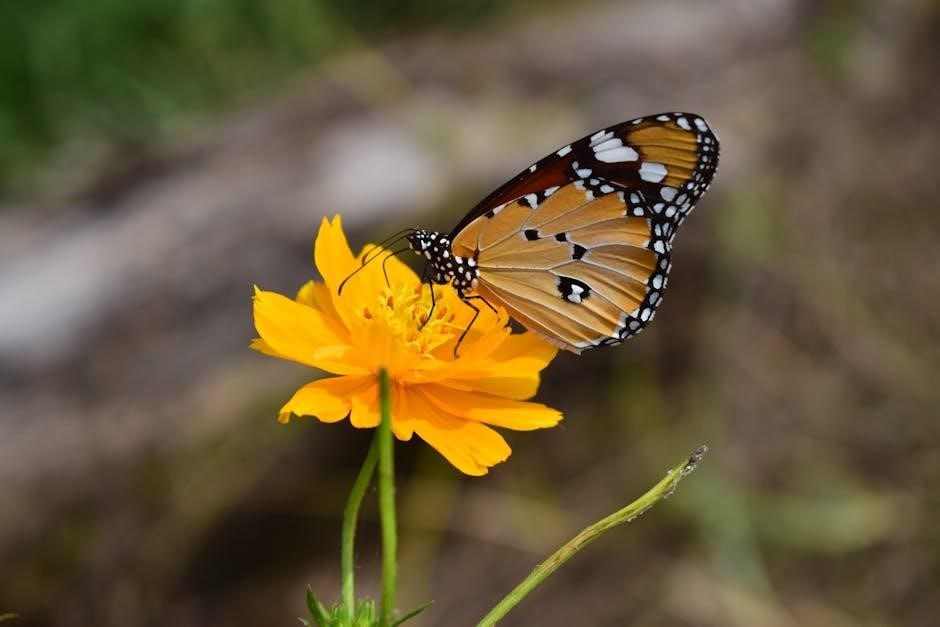
Science and Mathematics Prerequisites
Wildlife biology programs require strong foundations in biology, chemistry, physics, and mathematics․ These courses build the analytical and scientific skills necessary for understanding ecological principles and data analysis․
Biology and Zoology Course Requirements
Wildlife biology programs require foundational coursework in biology and zoology․ Students must complete courses in introductory biology, genetics, ecology, and zoology, with labs to gain hands-on experience․ Additional courses in wildlife management and conservation biology are often mandatory․ These courses provide essential knowledge of ecosystems, animal behavior, and species interactions․ Advanced electives may include specialized topics like wildlife ecology or vertebrate zoology, depending on the program and career goals․
Chemistry and Physics Prerequisites
Wildlife biology programs require strong foundational knowledge in chemistry and physics․ Students must complete courses in general chemistry, organic chemistry, and introductory physics, often with lab components․ These courses provide essential understanding of chemical processes, energy systems, and environmental interactions․ Additionally, some programs may require advanced chemistry or physics electives, depending on the specific focus of the wildlife biology curriculum and its application to ecological and biological principles․
Mathematics and Statistics Requirements
Wildlife biology programs require a strong foundation in mathematics and statistics․ Students typically need courses in calculus, statistics, and biometrics․ These skills are essential for data analysis, population modeling, and research design․ Proficiency in statistical software is also often required․ Mathematics and statistics provide the tools to interpret and apply biological data effectively in ecological studies and conservation efforts, making them critical components of a wildlife biology curriculum․
Additional Coursework for Wildlife Biology Majors
Additional coursework may include electives in wildlife management, fisheries, and conservation biology․ These courses provide specialized knowledge and practical skills, enhancing career opportunities in the field․
Botany and Plant Ecology Requirements
Botany and plant ecology courses are essential for understanding plant communities and their roles in ecosystems․ These courses often include studies of plant identification, ecology, and their interactions with wildlife․ Students are encouraged to select botany-related electives to meet requirements for federal positions in wildlife, fisheries, and conservation biology․ This coursework provides foundational knowledge necessary for managing and conserving ecosystems effectively․
Ecology and Conservation Biology Courses
Ecology and conservation biology courses focus on understanding ecosystem dynamics, biodiversity, and strategies to preserve natural habitats․ These courses explore the interactions between species and their environments, emphasizing sustainable practices․ Students learn to analyze ecological data and develop conservation plans, preparing them for careers in environmental management and wildlife preservation․ Practical experience through fieldwork and case studies enhances their ability to address real-world ecological challenges effectively․
Electives in Wildlife Management and Fisheries
Electives in wildlife management and fisheries provide specialized knowledge in sustainable practices, habitat restoration, and aquatic ecosystems․ These courses explore the balance between human activities and environmental conservation, preparing students for careers in resource management․ Topics include fishery science, wildlife policy, and ecological restoration, offering hands-on learning opportunities to address real-world challenges in conservation and biodiversity preservation․
Fieldwork and Practical Experience
Fieldwork and practical experience are crucial for wildlife biology students, offering hands-on learning in habitat assessments, species monitoring, and conservation practices․ These opportunities bridge classroom theory with real-world application, preparing students for professional challenges in wildlife management and conservation․
Importance of Fieldwork in Wildlife Biology
Fieldwork is essential for wildlife biology students, providing practical experience in data collection, species identification, and ecosystem analysis․ It bridges theoretical knowledge with real-world application, enhancing problem-solving skills and adaptability in diverse environments․
Hands-on experience prepares students for professional roles, fostering teamwork and critical thinking․ It also builds a deeper understanding of ecological processes, equipping future biologists with the tools to address conservation challenges effectively․
Internship and Volunteer Opportunities
Internships and volunteer opportunities are crucial for gaining hands-on experience in wildlife biology․ These experiences allow students to apply theoretical knowledge in real-world settings, such as conservation projects, wildlife monitoring, and ecological research․ They also provide valuable networking opportunities and exposure to professional environments, enhancing career prospects․ Many programs require or recommend such experiences to ensure students are well-prepared for the demands of the field․
Research Experience Requirements
Research experience is often required or highly recommended for wildlife biology majors․ It helps students develop critical thinking, data collection, and analytical skills․ Many programs encourage participation in faculty-led projects or independent studies․ Research opportunities may involve fieldwork, lab analysis, or conservation efforts, preparing students for advanced studies or professional roles․ Such experiences are valuable for building a strong academic and professional portfolio in wildlife biology․
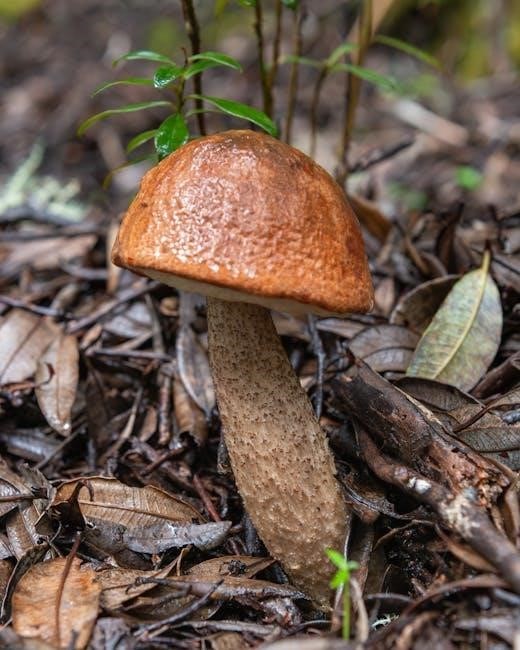
Skills and Competencies for Wildlife Biologists
Wildlife biologists need strong analytical, observational, and problem-solving skills․ Proficiency in data analysis, GIS, and fieldwork is essential, along with effective communication and physical stamina for outdoor tasks․
Technical Skills in Data Analysis and GIS
Wildlife biologists must master data analysis tools like R, Python, and ArcGIS for mapping habitats and analyzing population trends․ Proficiency in GIS enables spatial data interpretation, crucial for conservation planning and research․ Strong statistical skills are essential for drawing accurate conclusions from field data, while data visualization tools help communicate findings effectively to stakeholders and support informed decision-making in wildlife management and ecological studies․
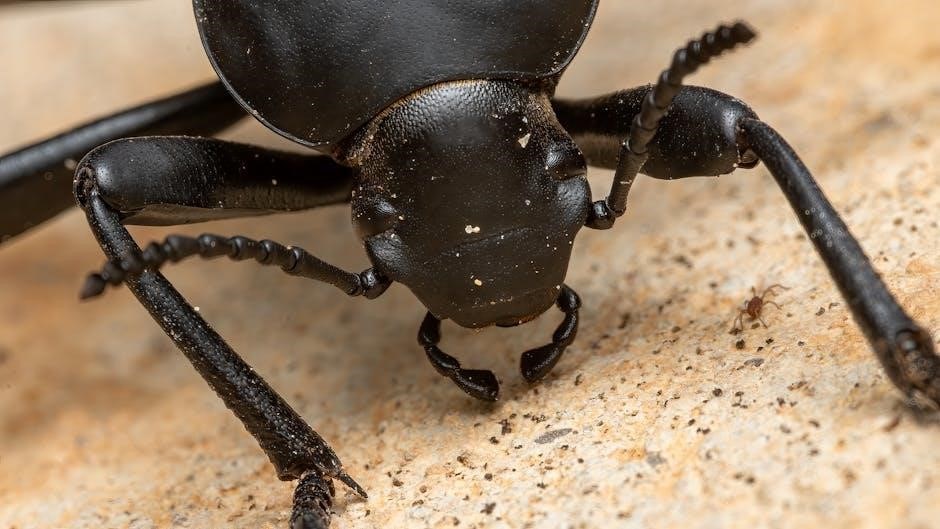
Communication and Writing Skills
Effective communication and writing are vital for wildlife biologists to convey research findings, prepare reports, and engage stakeholders․ Students should develop strong technical writing skills for scientific papers and grants․ Public speaking abilities are also essential for presenting research and collaborating with teams․ Proficiency in writing and communication ensures clear dissemination of ideas, fostering successful conservation efforts and professional growth in the field of wildlife biology․
Physical and Outdoor Skills for Fieldwork
Wildlife biology requires robust physical and outdoor skills due to fieldwork demands․ Students should be prepared for hiking, camping, and navigating challenging terrains․ Proficiency in using field equipment, such as GPS devices and sampling tools, is essential․ Physical stamina and adaptability to extreme weather conditions are critical for conducting research in diverse ecosystems․ These skills ensure safety and effectiveness in data collection and conservation efforts․
Licensing and Certification
Licensing and certification are crucial for wildlife biologists, enhancing job prospects and demonstrating expertise․ Certifications often require specific coursework and field experience, ensuring professional competence and credibility․
State and Federal Licensing Requirements
State and federal licensing requirements for wildlife biologists vary but often mandate a bachelor’s degree in a relevant field and specific coursework․ Some positions require passing exams or certifications․ Accredited programs ensure curriculum alignment with licensing standards․ Certain roles, like those in state wildlife agencies, may demand additional credentials․ Meeting these requirements is essential for career advancement and compliance with professional standards in wildlife biology․
Certifications for Wildlife Biologists
Certifications for wildlife biologists enhance employability and demonstrate expertise․ The Wildlife Society offers the Certified Wildlife Biologist (CWB) credential, requiring a degree, coursework, and experience․ Specialized certifications in conservation biology or ecological restoration are also available․ These credentials validate skills and knowledge, making professionals more competitive in the job market and qualifying them for advanced roles in wildlife management and conservation efforts․
Professional Associations and Memberships
Joining professional associations like The Wildlife Society or the Society for Conservation Biology provides networking opportunities, access to resources, and professional development․ These organizations often offer workshops, conferences, and publications that keep members updated on industry standards and advancements․ Membership can also enhance career prospects and demonstrate commitment to the field, making it a valuable complement to academic and practical training in wildlife biology․

Program Accreditation and Reputation
Accreditation ensures programs meet educational standards, crucial for licensure and career opportunities․ A reputable college enhances credibility, offering quality education and resources for wildlife biology students․
Importance of Accredited Programs
Accredited wildlife biology programs ensure educational quality and adherence to industry standards․ They are recognized by professional organizations and employers, enhancing career opportunities․ Accreditation verifies that the curriculum meets necessary requirements for licensure and prepares students for advanced studies․ It also ensures access to federal financial aid and scholarships․ Choosing an accredited program guarantees a reputable education, better resources, and faculty expertise, ultimately benefiting students’ professional growth and success in the field․
Reputation of Wildlife Biology Colleges
A college’s reputation plays a crucial role in shaping a wildlife biology student’s educational experience․ Institutions with strong reputations often have experienced faculty, cutting-edge research opportunities, and robust alumni networks․ These colleges are recognized for producing well-prepared graduates who excel in their careers․ A reputable program ensures access to quality resources, internships, and practical training, which are essential for building a successful career in wildlife biology and conservation․
Alumni Success and Placement Rates
Alumni success and placement rates are key indicators of a wildlife biology program’s effectiveness․ Colleges with high placement rates demonstrate strong connections to employers and a reputation for producing skilled graduates․ Successful alumni often secure roles in conservation, research, and management, highlighting the program’s quality․ These outcomes reflect the program’s ability to prepare students for real-world challenges and career advancement in wildlife biology and related fields․
Declaring the Wildlife Biology Major
Declaring the wildlife biology major involves selecting the program in myBanner, choosing Wildlife Biology-BS, and submitting the change․ Botany-related electives are recommended for federal roles․
Process of Changing Majors in College
Changing majors in college typically involves submitting a formal request through the institution’s portal, such as myBanner․ Students select “Change Major” under the student records section, choose the Wildlife Biology-BS program, and submit the request․ This process ensures a smooth transition into the new program, allowing students to align their coursework with their academic and career goals in wildlife biology․
Special Requirements for Transfer Students
Transfer students must meet specific criteria to enroll in wildlife biology programs․ This includes submitting official transcripts, meeting minimum GPA requirements, and completing prerequisite courses․ Credits from previous institutions are evaluated for applicability to the wildlife biology curriculum․ Additional documentation, such as letters of recommendation, may be required․ Transfer students should also complete any missing foundational courses before advancing in the program․
Botany-Related Course Selection
Botany-related courses are essential for wildlife biology majors, particularly for roles in conservation and federal agencies․ Students should select electives like Plant Ecology, Botany, or Ethnobotany to meet specific requirements․ These courses enhance understanding of plant-animal interactions and prepare students for careers in wildlife, fisheries, and conservation biology․ Proper course selection ensures compliance with federal job prerequisites and strengthens foundational knowledge in plant sciences․
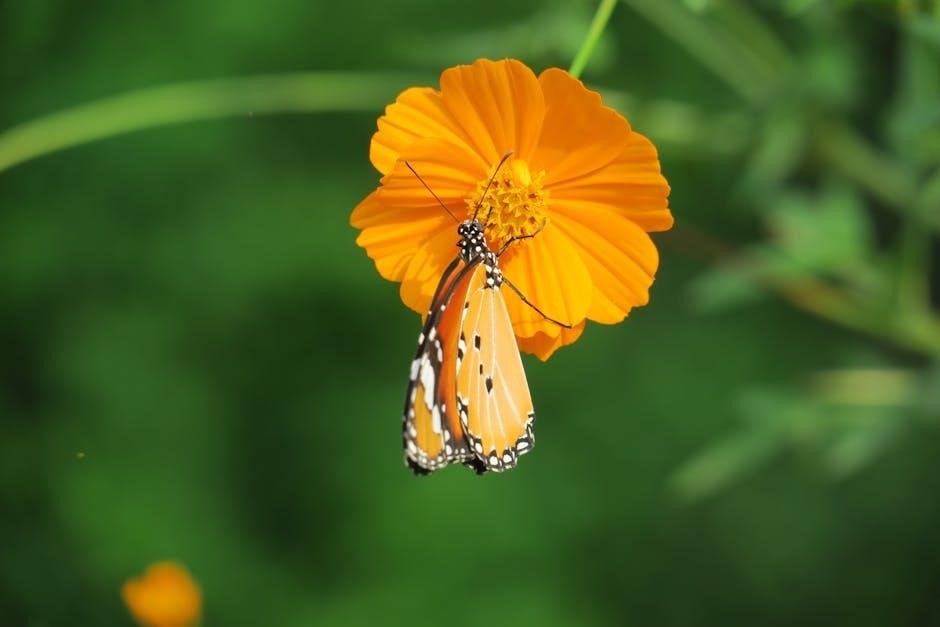
Graduate and Advanced Study Options
Wildlife biology offers advanced study options, including Master’s and Ph․D․ programs, specializing in research, conservation, or specific species․ These programs enhance expertise and career opportunities․

Master’s and Ph․D․ Programs in Wildlife Biology
Advanced degrees in wildlife biology offer specialized training in research, conservation, and species management․ Master’s programs typically require a thesis or research project, while Ph․D․s focus on original research․ These programs build on undergraduate studies, providing deeper insights into ecological systems and wildlife management․ They prepare graduates for leadership roles in academia, government, or NGOs, and are essential for those pursuing careers in advanced research or conservation leadership․
Continuing Education for Professionals
Continuing education is crucial for wildlife biologists to stay updated on emerging research, technologies, and methodologies․ Professionals often pursue certifications, workshops, and online courses to enhance their skills and knowledge in specialized areas like conservation biology or ecological management․
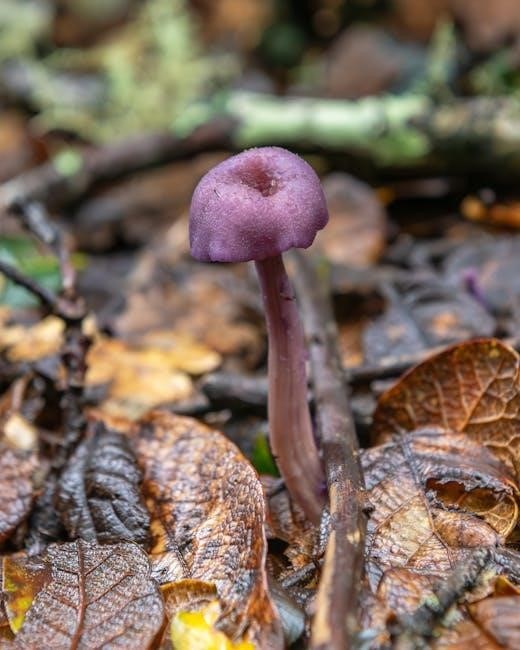
Employers frequently support ongoing education through funding or paid leave, recognizing its value in maintaining expertise and adapting to industry advancements․ This lifelong learning ensures professionals remain competitive and effective in their roles, contributing to the evolving field of wildlife biology․
Specializations in Wildlife Biology
Wildlife biology offers various specializations, such as conservation biology, wildlife management, and ecological research․ These areas allow students to focus on specific interests, like ecosystem management or species preservation, preparing them for targeted careers in government agencies, NGOs, or research institutions․
Specializations often require additional coursework or certifications, ensuring graduates are well-equipped to address complex environmental challenges and contribute effectively to wildlife conservation efforts․
Pursuing a wildlife biology degree requires careful preparation and dedication․ By meeting prerequisites and staying informed, prospective students can successfully navigate their academic and professional journey in this field․
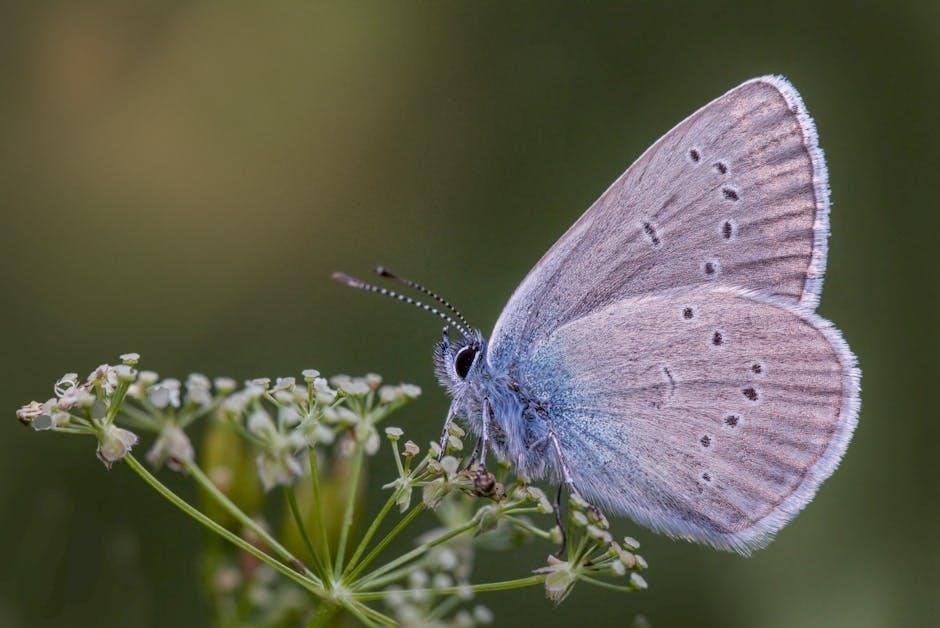
Final Tips for Prospective Wildlife Biology Students
Research and plan early to meet all prerequisites and declare your major promptly․ Choose botany-related electives to align with federal career requirements․ Gain practical experience through internships and volunteering to build a strong resume․ Stay updated on program prerequisites and admission requirements․ Network with professionals and join relevant organizations to enhance your opportunities․ Focus on building a strong foundation in sciences and mathematics for advanced study and career success․
Staying Updated on Prerequisites and Requirements
Regularly check your college’s website for updates on prerequisites and degree requirements․ Requirements can change, so staying informed ensures compliance․ Review program guides and consult with academic advisors to align your coursework with career goals․ Additionally, familiarize yourself with federal and state licensing requirements early to avoid delays in certification․ Proactively seeking this information will streamline your academic journey and prepare you for professional success in wildlife biology․